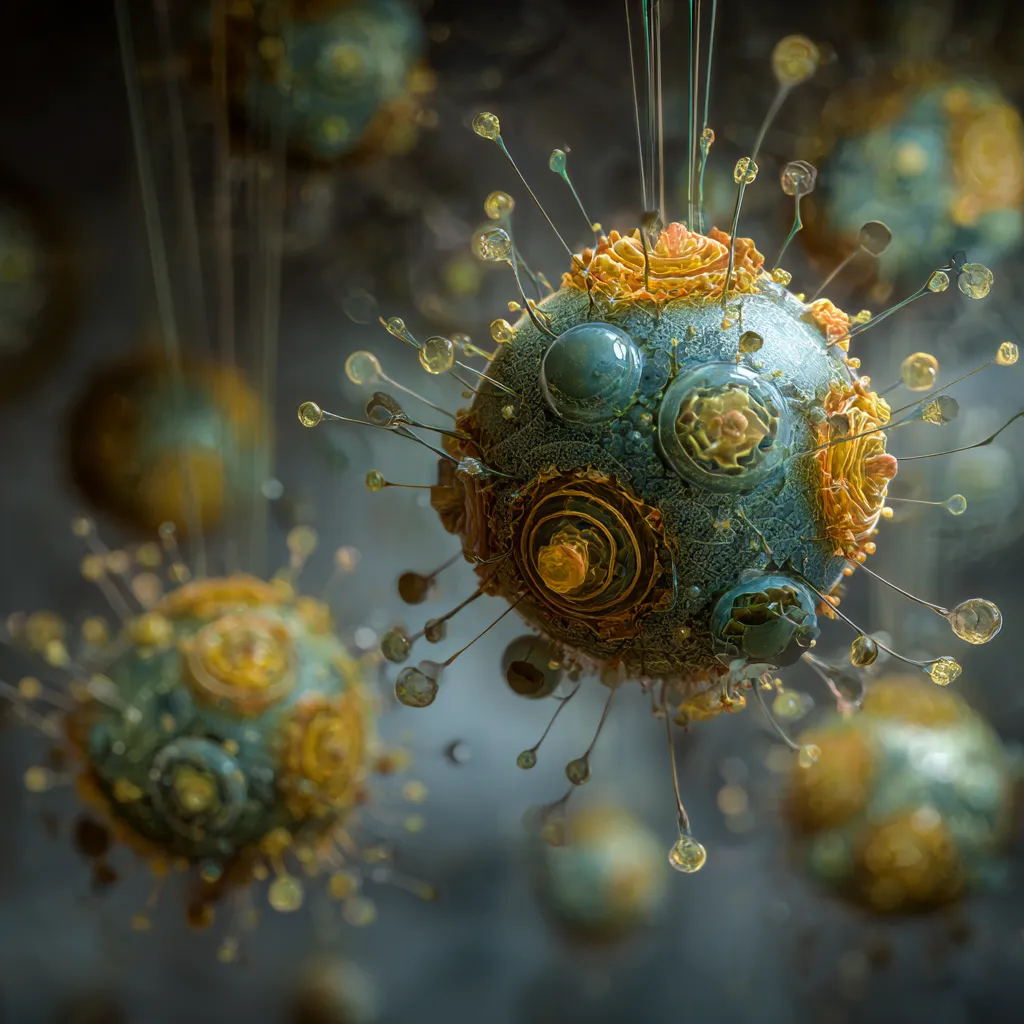
Viruses as Epigenetic Hijackers
The Invisible Puppeteers Rewriting Your DNA Without Changing It
How viruses use epigenetics to hide, survive, and influence your health.
When most people think of viruses, they imagine short-lived infections — a cold, the flu, maybe a stomach bug. You get sick, your immune system wins, and life goes back to normal.
But the truth is, some viruses never really leave. They hide inside your cells, using your own biological machinery to stay invisible. And they do this by manipulating epigenetics — the control system that decides which genes are switched on or off.
Viruses Don’t Just Infect — They Rewrite
Epigenetics is like the software that runs your DNA. Viruses have learned to hack that software.
They can add or remove chemical tags (like DNA methylation marks) on your genome to silence the genes that would normally alert your immune system. They can also activate genes that make the cell a better host for viral survival.
The DNA code itself doesn’t change — but the way your body reads it does.
Examples of Viral Epigenetic Hijacking
Epstein–Barr Virus (EBV):
This common virus, linked to mononucleosis, can stay dormant for years. EBV uses epigenetic silencing to hide its own viral genes, avoiding immune detection. It’s also associated with triggering autoimmune diseases like multiple sclerosis in genetically susceptible people.Human Papillomavirus (HPV):
Certain high-risk strains of HPV cause epigenetic changes that turn off tumor-suppressor genes in infected cells — one reason they can lead to cervical and other cancers.HIV:
HIV integrates into host DNA and then manipulates the epigenetic landscape to either hide in a “silent” state or become active when conditions favor replication.
Why This Matters for Chronic Illness
Viral epigenetic hijacking may help explain why some people develop long-term health issues after infections — from chronic fatigue and autoimmunity to even cancer.
In some cases, these changes are reversible. Supporting healthy epigenetic regulation through diet, lifestyle, and targeted nutrients could potentially help the body restore normal gene activity.
Supporting Your Body Against Viral Epigenetic Manipulation
While there’s no single “antidote” to viral hijacking, research suggests that certain actions can help maintain healthier epigenetic control:
Eat an anti-inflammatory diet rich in vegetables, polyphenols, and omega-3s
Support your immune system with adequate sleep, stress management, and micronutrients like vitamin D and zinc
Consider phytonutrient-rich foods like green tea, sulforaphane-rich broccoli sprouts, and curcumin — all studied for epigenetic effects
Maintain a healthy gut microbiome to support balanced immune signaling
The Bottom Line
Viruses aren’t just passive passengers — they’re skilled genetic puppeteers. By understanding their tactics, we can better protect our health, especially when dealing with chronic infections or immune challenges.
Epigenetics gives us a critical advantage: it’s a reminder that while viruses may try to rewrite our biological story, we can still edit the ending.
